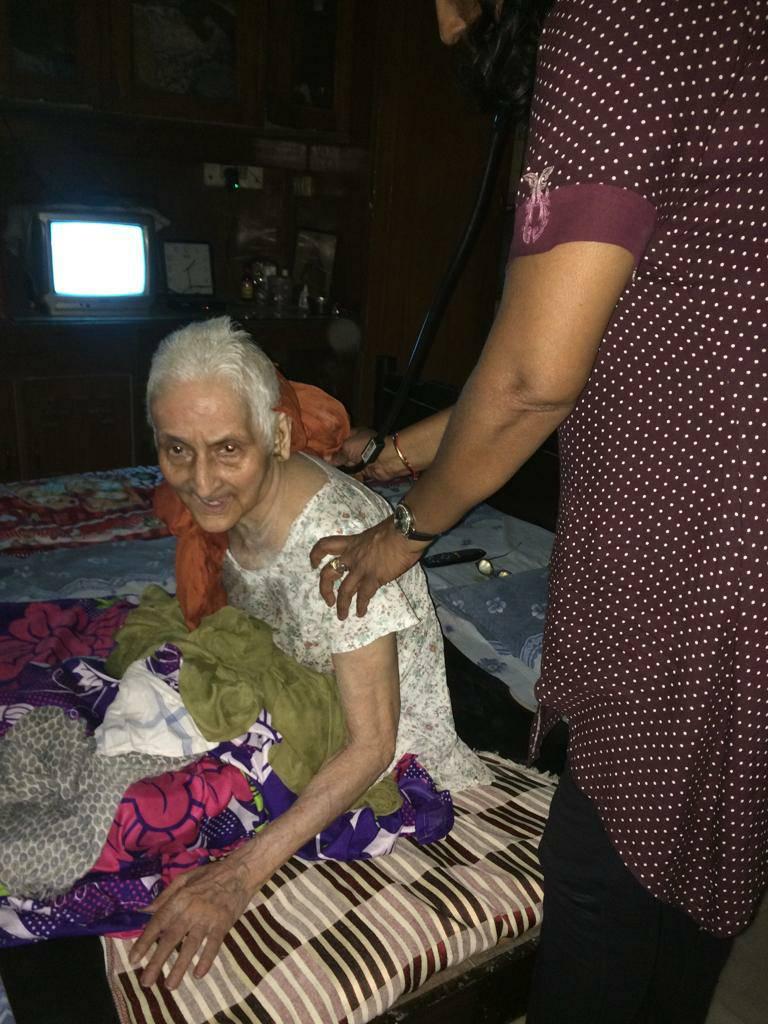Palliative care is an important public health issue due to the ageing population, the increasing number of the older people in the current societies and mainly because of the insufficient attention to their complex needs. Palliative care focuses on improving the symptoms, dignity and quality of life of the older people. Palliative care provides an additional layer of support for patients with multimorbidity and their families; it supplements, not supplants, current care.
Palliative care is for the patients with serious illness. “Serious illness” is any health condition that carries a high risk of mortality and either negatively impacts the person’s daily functioning or quality of life, or excessively strains his or her caregivers.
The most important thing among the palliative care is to communicate with the patients about their condition, prognosis, hopes and fears. Palliative care providers are trained persons, in discussing these in a way that minimizes emotional distress and reduces inter-personal conflicts. Usually their caseload is typically small, palliative care providers have time to learn patients’ life and stories and understand how their home life and life plan have been impacted by their medical conditions. Palliative care specialists are skilled at communicating in a language that patients understand and contextualize the conversation to patients’ clinical and social situations. Palliative care providers often coordinate with patients’ other physicians to ensure an accurate understanding of patients’ condition, prognosis, and treatment options.
The COVID crisis has increased the urgency for goals of care and advance care planning discussions among older adults with multimorbidity and frailty. The older population has been disproportionately affected by this disease; increasing age and frailty are the major predictors of the hospitalization and death from COVID-19. Advance care planning and goals of care conversations with older adults in the COVID era need to take variety of unique issues into account. COVID can cause respiratory failure that necessitates intubation and prolonged ventilation; however, few older adults who are intubated survive.
Patients with multimorbidity frequently have pain, fatigue, and dyspnea, and experience depressed mood and anxiety. Palliative care providers are skilled at symptom management, particularly the management of the pain. Palliative care providers are skilled at symptoms management, particularly the management of pain, Palliative care providers try to limit polypharmacy and are knowledgeable of non-pharmacologic and complementary options for symptom management. They can support caregivers with advice for medication management as well as teach techniques for non-pharmacologic management of symptoms, including physical positioning, diet, activity pacing, and sleep hygiene. Palliative care teams can identify maladaptive coping and either counsel patients and families and refer them to counselors and psychotherapist.
During the pandemic, seriously ill patients have expressed worry about contracting COVID-19 while seeking health care services in person. The changing times have encouraged palliative care providers to open their practices to patients and caregivers by phone and video. The palliative care provider community has been quick to issue guidance and recommendations for the best-practice use of telemedicine from the initial wave. When older inpatients are COVID-positive, palliative care teams have been avoiding face to face interactions in older to protect the health of their small teams.
